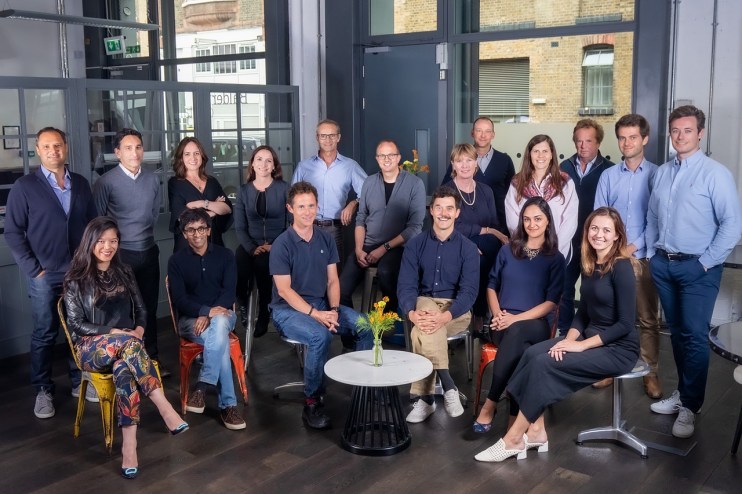Darktrace backer Balderton unveils new early-stage $600m fund

Balderton Capital, one of Europe’s most active venture capital firms, this morning announced it has raised its eighth fund focused on early-stage startups in Europe.
At $600m, it’s the largest fund for investing in early-stage startups that the Kings Cross-headquartered firm has raised since it began placing its bets on Europe’s fledgling businesses in 2000.
It’s also Balderton’s second fund launch this year, after the VC entered the growth stage arena in June with a $680m “early growth” fund to invest in startups a little further into their scaling journey – where it saw a gap in the market.
Although another early-stage fund is a rather familiar sight when it comes to Balderton, it’ a sizeable commitment to getting on the most promising European startups’ cap tables from day one.
And from there, Balderton intends to stick around, General Partner Suranga Chandratillake tells City AM.
“Our overall intention is to build a firm that we can work with from initial idea onwards as they scale,” he says.
“It’s only natural that investors want to maintain ownership into the future – it just shows how important these startups have become.”
This year alone, Balderton has invested in 20 new startups, scouted out by its team of 25 investors based across Europe – 20 of whom are based in the UK.
Although the firm hires opportunistically and has no target, Chandratillake says this will be closer to 30 by the end of the year, and that the UK will “remain a hotspot” for investors and investments.
Balderton has multiple unicorns under its belt and startups that it backed from Seed or Series A stage include tech heavyweights Revolut, Depop, GoCardless and Beauty Pie. UK tech darling Darktrace, whose shares surged 40 per cent on its £1.7bn IPO earlier this year, was one of its later investments in 2019.
So, will it be following in Sequoia’s footsteps by moving to a more permanent capital vehicle, so that it never has to let them go?
“That certainly got partner tables talking and is a very interesting move. But for us, ten years is a very long-term proposition and we’ve no desire to change that right now,” Chandratillake says.
“But tech companies are much more than a quick-flip. The good ones become part of the substrate of how the economy works. If you’re building those, you don’t want to let them go, ever.”